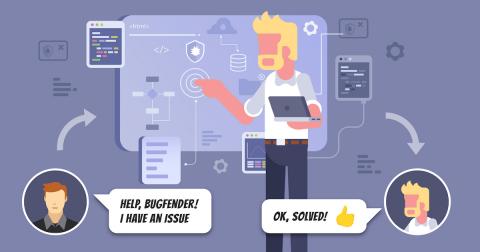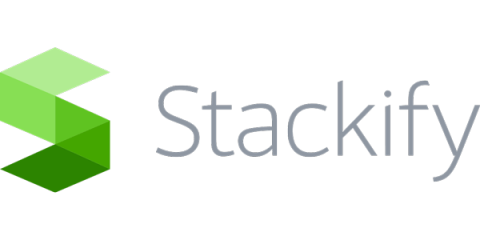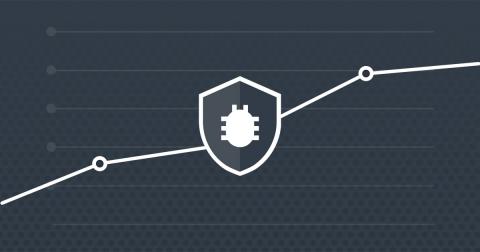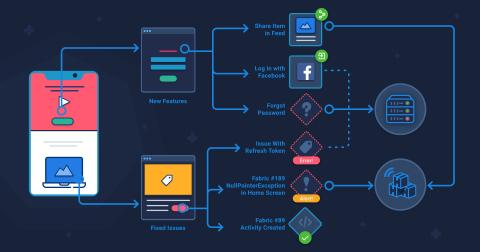The Paradise Papers: How the Cloud Helped Expose the Hidden Wealth of the Global Elite
In early 2016, the International Consortium of Investigative Journalists (ICIJ) published the Panama Papers –one of the biggest tax-related data leaks in recent history involving 2.6 Terabytes (TBs) of information. It exposed the widespread use of offshore tax havens and shell companies by thousands of wealthy individuals and political officials, including the British and Icelandic Prime Ministers.








